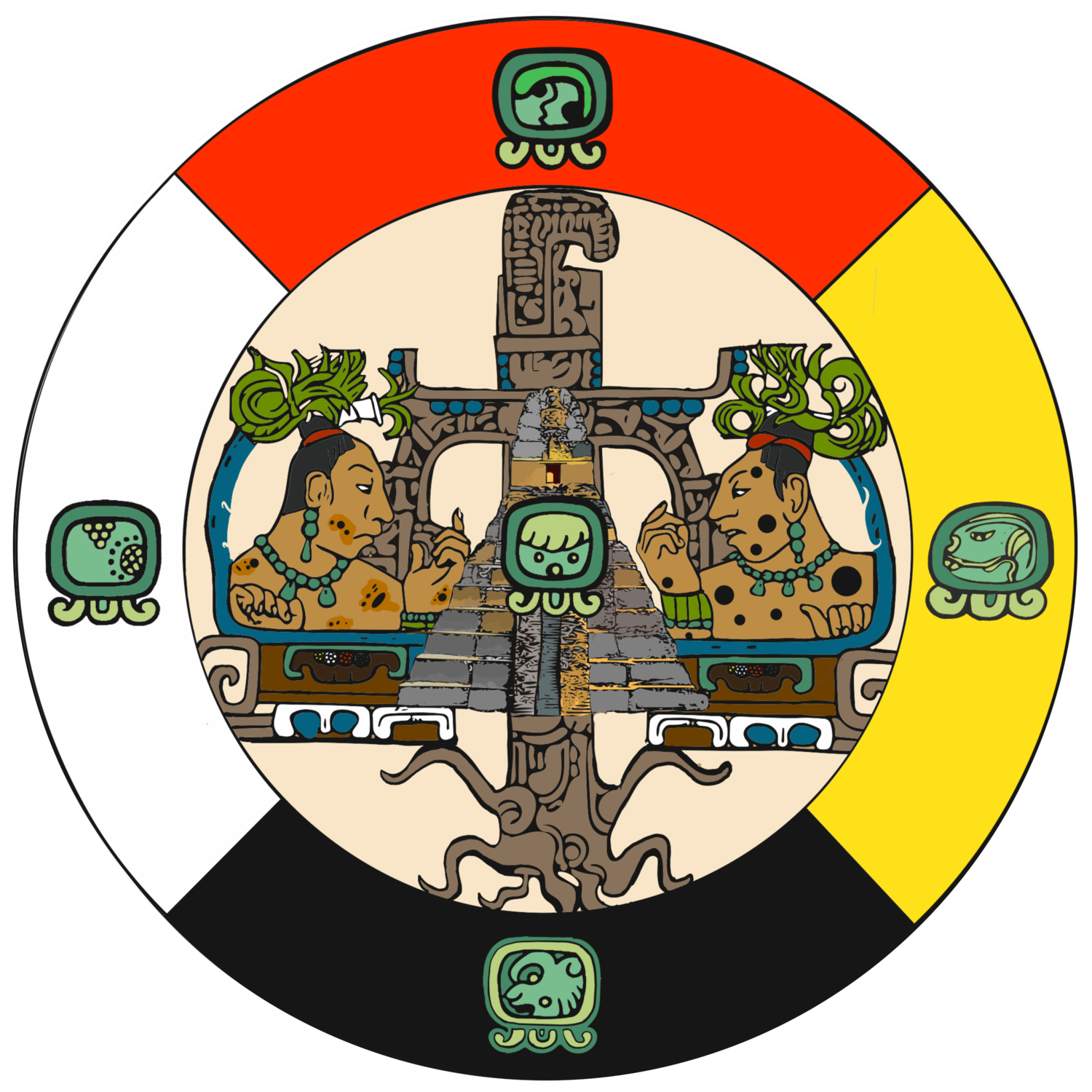Indigenous Peoples
The historical roots of the innumerable human rights violations that have oppressed the Maya stem from structural economic, political, and judicial inequalities toward the Maya since the arrival of the Spanish in 1524. The impact of colonial history, discrimination, and racism upon the Maya and the theft of their lands can still be felt today; these wrongs formed the basis of the many eras of conflict and violations inflicted on the Maya. At the height of contemporary violations, more than 200,000 people were either killed or disappeared through State-sponsored policies over 36 years; the Maya were victims of a genocide that has yet to be recognized.
Faced with this history of violence and dispossession, and aware of the strength and resilience of the Maya, the Mayan League works to ensure that the historical roots of the many centuries of conflict are addressed jointly with the Maya directly impacted by the genocide, forced displacement, and state-sponsored violations. The Mayan League also acknowledges that advancements have been made in the recognition of indigenous peoples’ human rights, including the right to exist as distinct peoples, the right of self-determination and self-government, and the right to be free and equal to all other peoples and devoid of discrimination. – Art 2, 3, 4 of the UN Declaration.
The Mayan League seeks to assist Maya leaders to fully engage in human rights fora and use existing human rights mechanisms to safeguard their rights. The Maya have survived despite centuries of oppression and discrimination and gross human rights violations. The Maya have defended their lands, territories, and goods of the earth, and conserved their spiritual and traditional practices, languages and ways of life and have much to contribute to humanity for a balanced and sustainable life.
Indigenous Women's rights
Maya women historically held important societal positions and enjoyed high level political status in Maya society. As is stated in our sacred text, the Pop Wuj, our grandmother Ixmucané was the first woman to enter into communication with Mother Nature, with the animals. It was the animals that relayed the message to her of the location of the sacred corn which was used to create the first humans. Ixquic was the first defender of human rights, of women’s rights, and the rights of children, because she defended her own life and the life of her children when the people of the underworld wanted to kill them. However, these stories and traditional cultural norms were repressed with colonization and the many eras of conflicts.
“Since the invasion and domination of the Spanish, we women have been looked at as war booty just like gold and land. Our bodies were violated, mutilated, and tortured and since that time our bodies have been territories of occupation. With the passing of the centuries and the establishment of military and exclusionary authoritarian, racists, patriarchal, classist state regimes, the domination over our lives and territories became further deepened. Women, we live and feel these atrocities of sexual violence, devastated lands, and genocide.” [1] Statement made by a Maya Woman to the UN Special Rapporteur on Indigenous Peoples, 2010
Women have experienced diverse forms of violations including physical, mental, sexual, and spiritual violence. The violations experienced by Maya women has had severe consequences to their individual and collective rights, hindered their full participation in society, and prevented the full realization of their rights. The Mayan League works with Maya women to jointly create proposals and mechanisms that will allow Maya women to regain the social position they possessed historically. The Mayan League promotes dialogue among Maya women and between Maya women and women from other indigenous nations in order to address common challenges and opportunities and present concrete actions and recommendations.
[1] La Retoma de Saqulew: La lucha histórica del Pueblo Maya contra la destrucción de la vida de la madre tierra. Elsa Hernández, José Gómez, Ajb’ee Jiménez. http://xa.yimg.com/kq/groups/17809804/1782983432/name/La+Retoma+de+Saqulew+-+Reflexiones+y+an%C3%A1lisis.pdf



